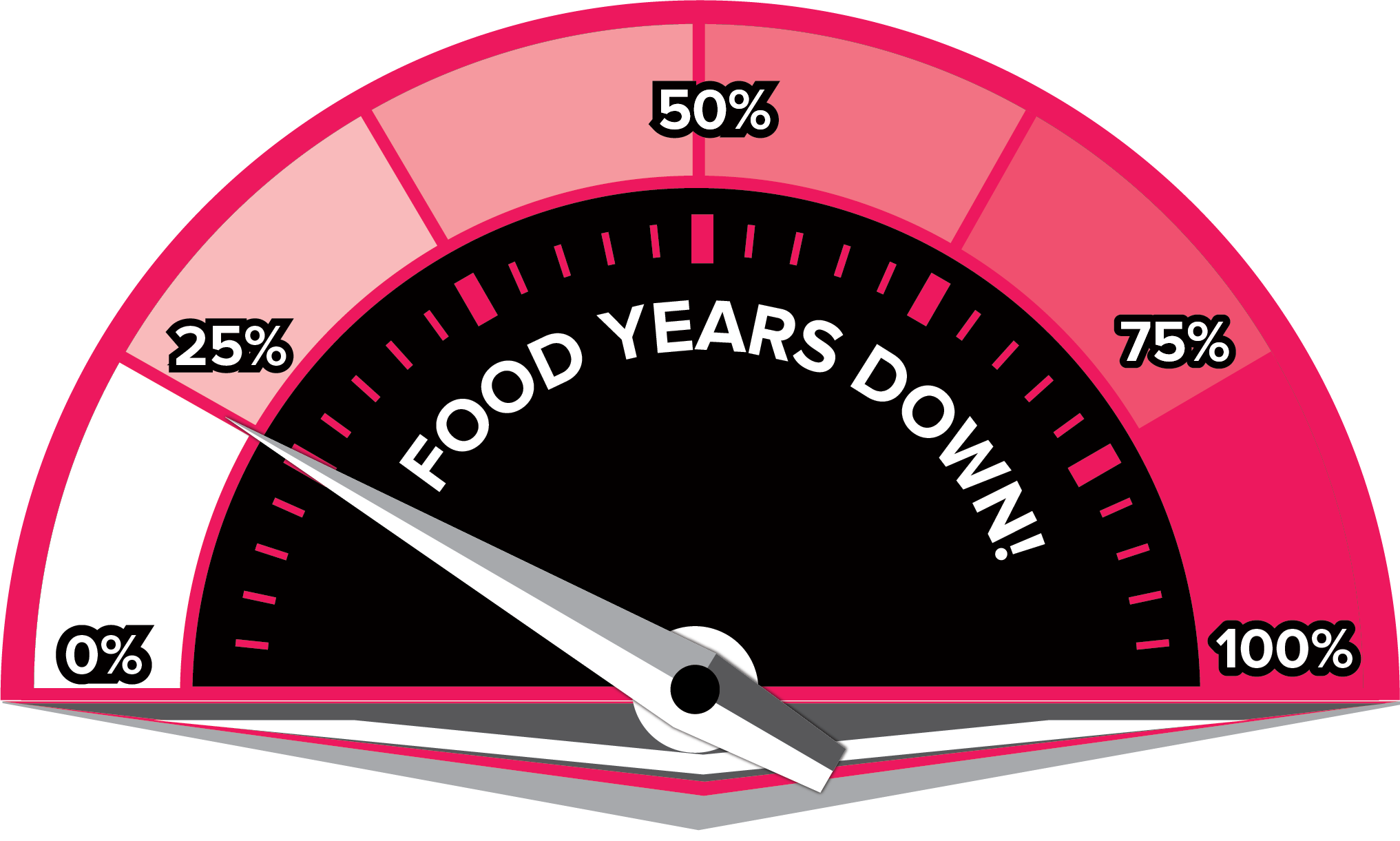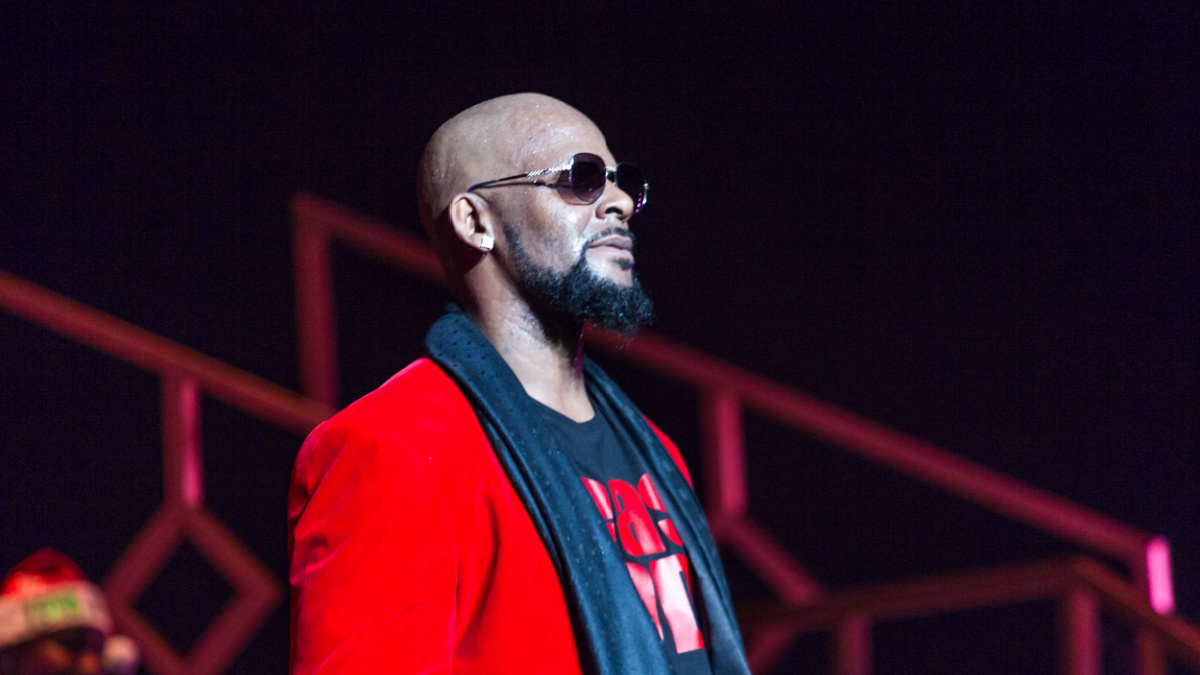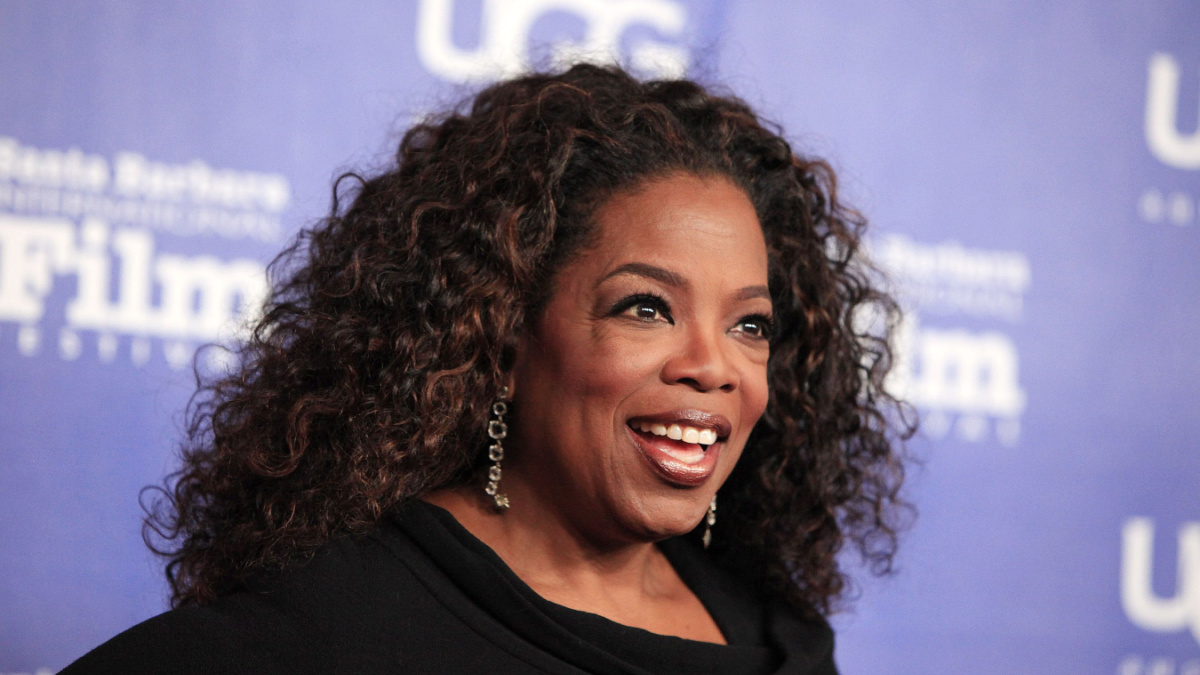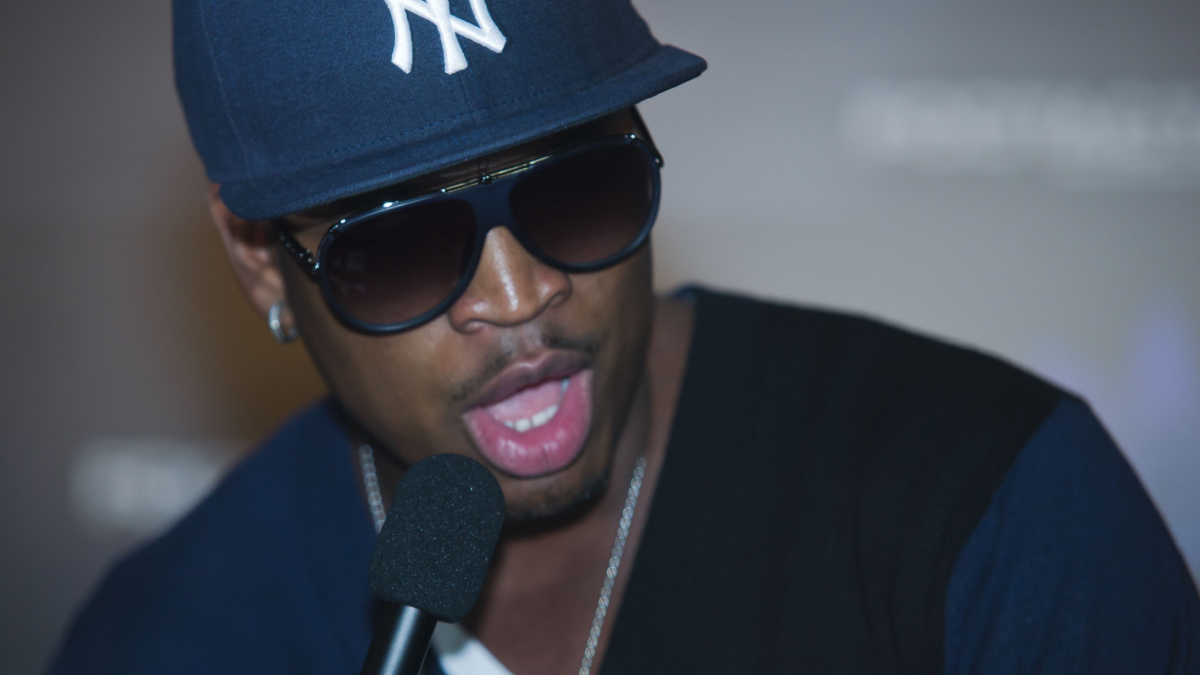This week, R. Kelly, a convicted sex offender and R&B artist, will face a federal jury trial where armies of prosecutors and lawyers will try to condemn him once again.
11 months after his conviction in a first federal trial in New York and 7 weeks after he was sentenced to 30 years in prison on racketeering and sex trafficking charges, Kelly’s next trial is scheduled to begin on Monday in his birthplace of Chicago.
For what reason is R. Kelly being tried once more?
Briefly put, he faces parallel charges in two federal courts and two state courts. Another federal case has been filed against him, this one in New York on the same day that charges were filed against him in New Jersey.
Independent from one another are federal prosecutors in each of the districts and states. They are free to file separate lawsuits against the same defendant if they so want. Prosecutors on the federal level are not required to provide an explanation for their actions, although they may do so if they believe it will help their case.
It can be difficult to manage the logistics of making charging determinations, and this was especially true during the COVID-19 outbreak when federal courthouses were shuttered or subject to restrictions. Videoconferences were used for several deliberations. Kelly, who has been in federal custody since 2019, was shuttled between prisons in Chicago and New York in preparation for his trials.
When was the first trial, and what happened there?
Trial proceedings for Kelly began in the summer of 2021 in Brooklyn, New York, in the Eastern District of the state. Kelly, 55, was found guilty on all nine charges of sex trafficking and racketeering after a jury deliberated for two days after hearing gruesome testimony from dozens of accusers and witnesses over the course of six weeks. Since his 2019 arrest, he has spent most of his time in Chicago’s Metropolitan Correctional Center, where he was sentenced on June 29, 2022 and is currently awaiting this second trial.
Compared to the first attempt, what has changed for this second go-around?
The courthouse is in a new place. A unique judge, U.S. District Judge Harry Leinenweber, is sitting in judgment. There is a greater variety and quantity in the federal prosecutors and defense teams.
Different from other defense attorneys, Kelly’s main one (he has changed lawyers several times since 2019). Jennifer Bonjean is the person who successfully argued for the reversal of Bill Cosby’s 2018 sex offenses conviction on constitutional grounds, which the Pennsylvania Supreme Court ultimately did.
When did R. Kelly arrive in Chicago, and what are the nature of the charges against him?
Producing child pornography, inciting a juvenile to participate in unlawful sexual activity, and conspiracy to obstruct justice are among the 13 accusations filed in 2019.
And Kelly isn’t the only one on trial: Prosecutors in the federal Northern District of Illinois claim that two of his co-defendants, Derrel McDavid and Milton “June” Brown, both former associates and workers, assisted him in the alleged crimes.
Due to a lack of courtroom space and staffing, Leinenweber estimated at a pretrial hearing on August 3 that the trial would last no more than around four weeks. According to him, masks, distance, and biweekly testing are still in effect at the courthouse due to the presence of COVID-19.
Why do you think the Chicago trial’s jury pool will be different?
Only the court, attorneys, and defendants will have access to information on the jurors, and their identities will be kept secret. The “anonymous” jury in the New York trial was chosen at random and their identities were kept secret.
The goal of keeping information on jurors secret, according to Assistant U.S. Attorney Elizabeth Pozolos, is to prevent the public or the media from contacting them in an effort to sway their verdict.
Legal counsel for McDavid, Bonjean and Beau Brindley, argued against the use of a “secret” jury in Chicago, arguing that the government has not shown any evidence to suggest that the jury will be harassed.
According to Brindley, “any time you have a jury treated in that fashion, the jurors realize from the beginning that there is something they need to be worried about.” This may lead to a decrease in the number of persons ready to serve on a jury.
Especially on social media, Leinenweber claims, “huge groups of people feel strongly about it and are actively expressing their disapproval” with Kelly’s prosecution.
“A confidential jury might help in this case,” he added, “as long as we emphasize to (jurors) that we don’t want to run the chance (the public or media) will approach them unlawfully.”
Can accusers and witnesses maintain their anonymity?
Some of the accusers at the New York trial gave testimony under assumed names, while others chose to remain anonymous. For privacy reasons, their names were redacted from the indictments.
The criteria for both witnesses and accused in the Chicago trial have not been finalized and are still a point of contention.
What’s Your Take?
Like, Share, Comment, Tweet it Out!
“It’s Your World, You Decide!”
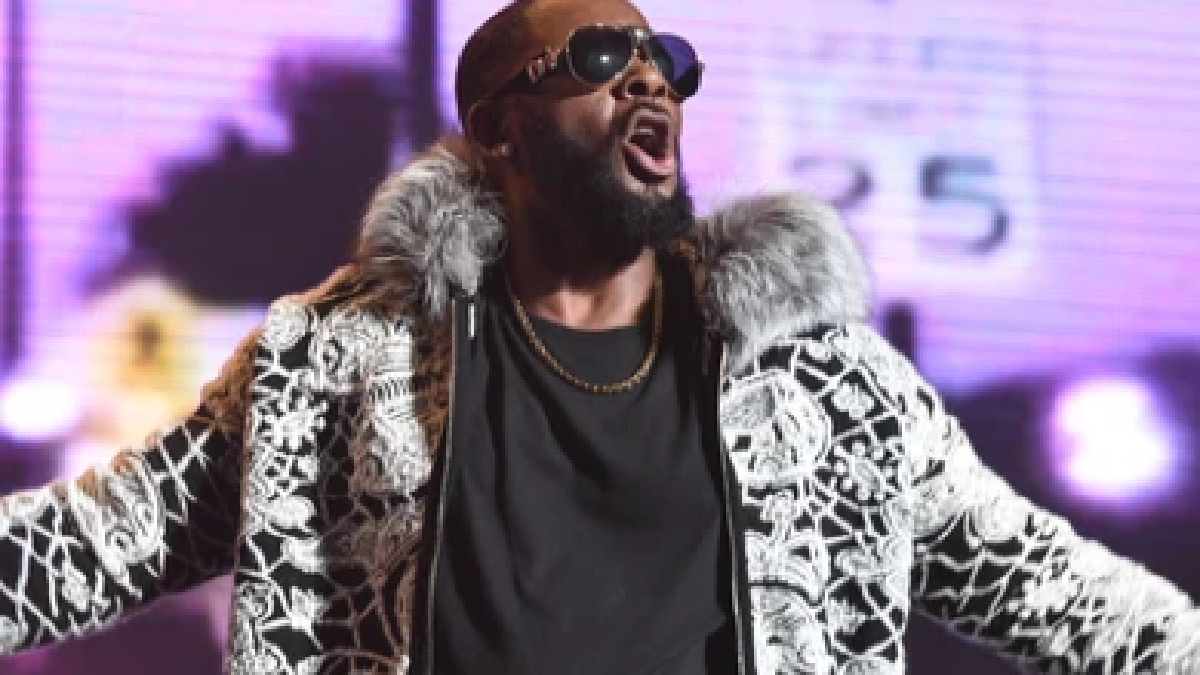

 Celebrity, Food Years Up!2 years ago
Celebrity, Food Years Up!2 years ago
 Celebrity, Food Years Up!2 years ago
Celebrity, Food Years Up!2 years ago
 Hip Hop3 years ago
Hip Hop3 years ago
 General News, Pork!2 years ago
General News, Pork!2 years ago
 celebrity2 years ago
celebrity2 years ago
 celebrity2 years ago
celebrity2 years ago
 Sports, Food Years Down!2 years ago
Sports, Food Years Down!2 years ago
 General News, Pork!3 years ago
General News, Pork!3 years ago
